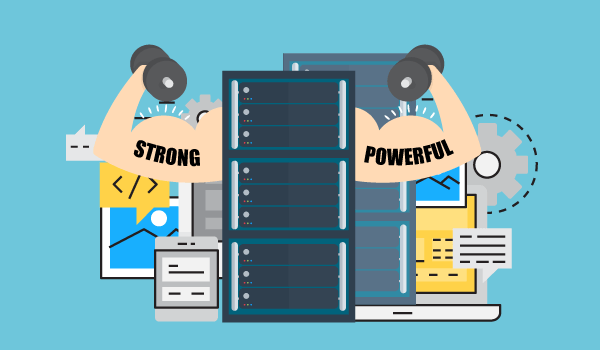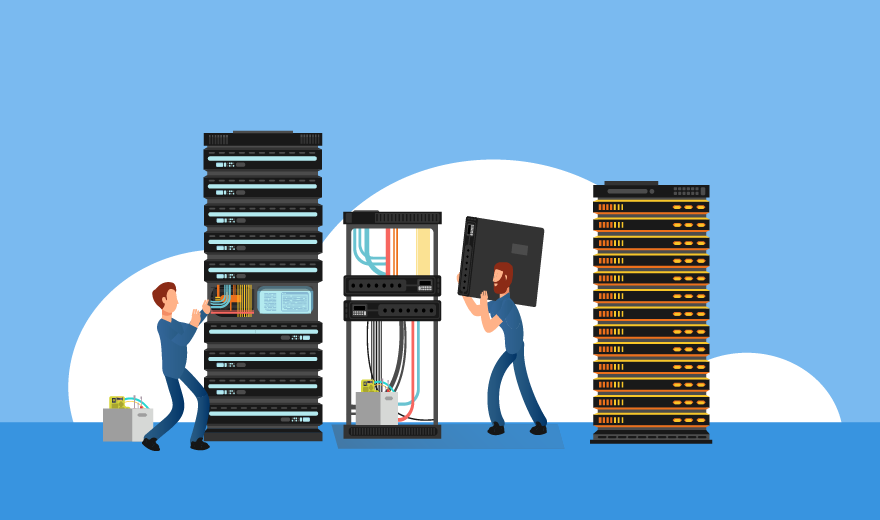What is a Dedicated Server?
Dedicated hosting essentially means that your website has its own server all to itself. It offers immense power and flexibility, but usually comes at a premium. As such, it’s important to do your research before opting to purchase this type of plan. For example, most websites start out with a shared hosting plan but soon grow to exceed that cheap shared plan’s limits. Your options here could include an upgrade to a virtual private server (VPS) or a dedicated one. It’s up to you to weigh up the different options.
Introduction

Dedicated servers are typically used to host high-traffic websites, web applications, and for other hosting scenarios where performance is paramount.
The main differentiating feature is that a dedicated server is a single tenant hosting environment. Most infrastructure hosting options divide a server between two or more users: cloud hosting platforms, for example, divide the resources of one physical server between several virtual machines. Known as multi-tenant hosting environments, none provide the full resources and performance of a dedicated server.
With dedicated server hosting, everything the server has to offer is at your disposal, which is why dedicated servers are the most powerful infrastructure hosting option — no other hosting option can give your more power and flexibility.

A dedicated server is essentially a computer like the desktop machines that you use at home or at work. Each server contains processors, memory, storage, network hardware, and buses to connect the components together.
But dedicated servers don’t look like ordinary computers and they don’t contain quite the same components. Unlike the consumer-grade components of the average PC or Mac, dedicated servers contain enterprise-grade hardware that is more reliable, less prone to failure, and much more powerful.
Why would you need a dedicated server?
- – Your website is growing and needs to be able to handle an increase in traffic
- – Security is a concern for your website
- – You’d like your page loading times to be optimal
- – Having control over your server is important to you